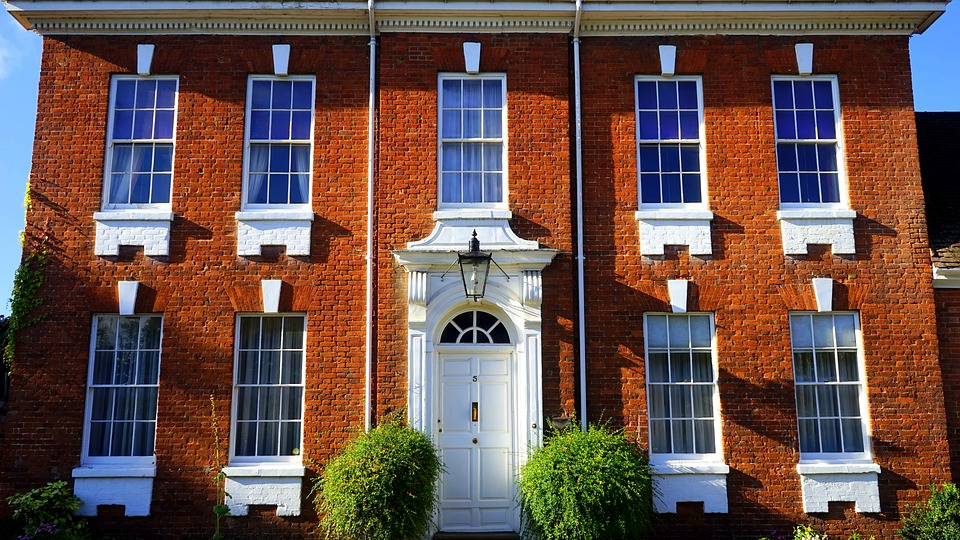UK house prices enjoyed their strongest annual growth for six years in 2020 as the market was spurred on by tax breaks and changing demand amid the pandemic, according to latest figures from Nationwide Building Society.
The average UK house price jumped 7.3 per cent this year to £230,920 after rising 0.8 per cent in December alone.
Broken down by region, England saw prices rising 6.9 per cent year-on-year in the fourth quarter.
Wales was the next best price performer, with a 6.6 per cent rise, followed by Northern Ireland (up 5.9 per cent) and Scotland (up 3.2 per cent).
The report revealed that prices have jumped 5.3 per cent since March, when the pandemic struck, after demand was sent surging by a stamp duty holiday and the shift to homeworking.
To find out more about how we can assist you with your Mortgage requirements, please click here to get in touch
Nationwide said the stamp duty boost had brought forward people’s home-moving plans, while changing working patterns had increased demand for larger homes in less densely populated locations.
Robert Gardner, Nationwide’s chief economist, said: “The resilience seen in recent quarters seemed unlikely at the start of the pandemic.
“Indeed, housing market activity almost ground to a complete halt during the first lockdown as the wider economy shrank by an unprecedented 26 per cent.
“But, since then, housing demand has been buoyed by a raft of policy measures and changing preferences in the wake of the pandemic.”
However, he added that the outlook for the housing market remains “highly uncertain” as restrictions to control the virus tighten across the UK and with government support measures and the stamp duty holiday set to end in the spring.
Read about the UK Housing Market via our Specialist Residential & Buy to Let Division
He said: “Housing market activity is likely to slow in the coming quarters, perhaps sharply, if the labour market weakens as most analysts expect, especially once the stamp duty holiday expires at the end of March.”
Howard Archer, chief economist at the EY Item Club, also warned that the property market will see a reversal of fortunes in 2021 and could fall by around 5 per cent by the end of next year.
He said: “We believe that the housing market is likely to come under mounting near-term pressure as the economy is hampered by pandemic-related restrictions, while there may well still be a significant rise in unemployment despite the furlough scheme being extended until April.”
Jeremy Leaf, a north London estate agent and a former residential chairman of the Royal Institution of Chartered Surveyors, said: “We are in a very different place now as optimism following the initial rollout of a vaccine and the possibility of a Brexit deal has been replaced by realisation that the effects of the virus will get worse before they improve, as well as recognition of the negative impact on confidence and values.
“However, the determination of the overwhelming majority of buyers and sellers to conclude sales agreed prior to Christmas, relatively few price renegotiations and approval of the Oxford/AstraZeneca vaccine bodes well, provided present constraints prove relatively short term.”
Source: The Irish News
Discover our Mortgage Broker services.








